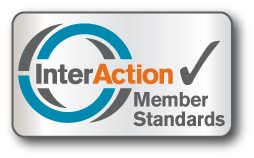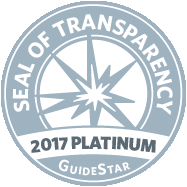Construction beginning on the new reservoir
Big Step for Delivering Clean Water to 19,000 Ethiopians
WEEMA’s largest clean water project ever has taken a big step forward, which is good news for thousands of families living in the Tembaro district.
Last month we finalized an agreement with Water Action to take over and finish the construction project that will provide drinking water and healthy sanitation services to just under 19,000 people living in four neighborhoods – Bachira, Bada, Bohe, and Waro. Construction is already well underway and is expected to be completed in nine months.
Once the project is finished, community members will no longer have to walk for hours every day to fetch water from streams and ponds, which are often contaminated. Water collection is usually the job of mothers, girls, and other children – a time-consuming task that often prevents them from going to school and learning other skills.
New distribution pipelines running from a reservoir and 21 water access points in the four neighborhoods will make it far easier for community members to collect clean water each day.
The project will also improve water sanitation services and practices. Four public latrines will be installed in key public locations along with 50 new household latrines and 150 more that will be upgraded. Community members and local health extension workers will also be trained to operate the facilities and raise community awareness about clean sanitation practices. Reflecting its support and commitment to project cost-sharing, the community is providing free labor for the effort.
Added together, it’s easy to understand our excitement about this endeavor, which is critical for improving health and living conditions, as well as broader economic development.
Pipes that will bring water from the spring to water points







